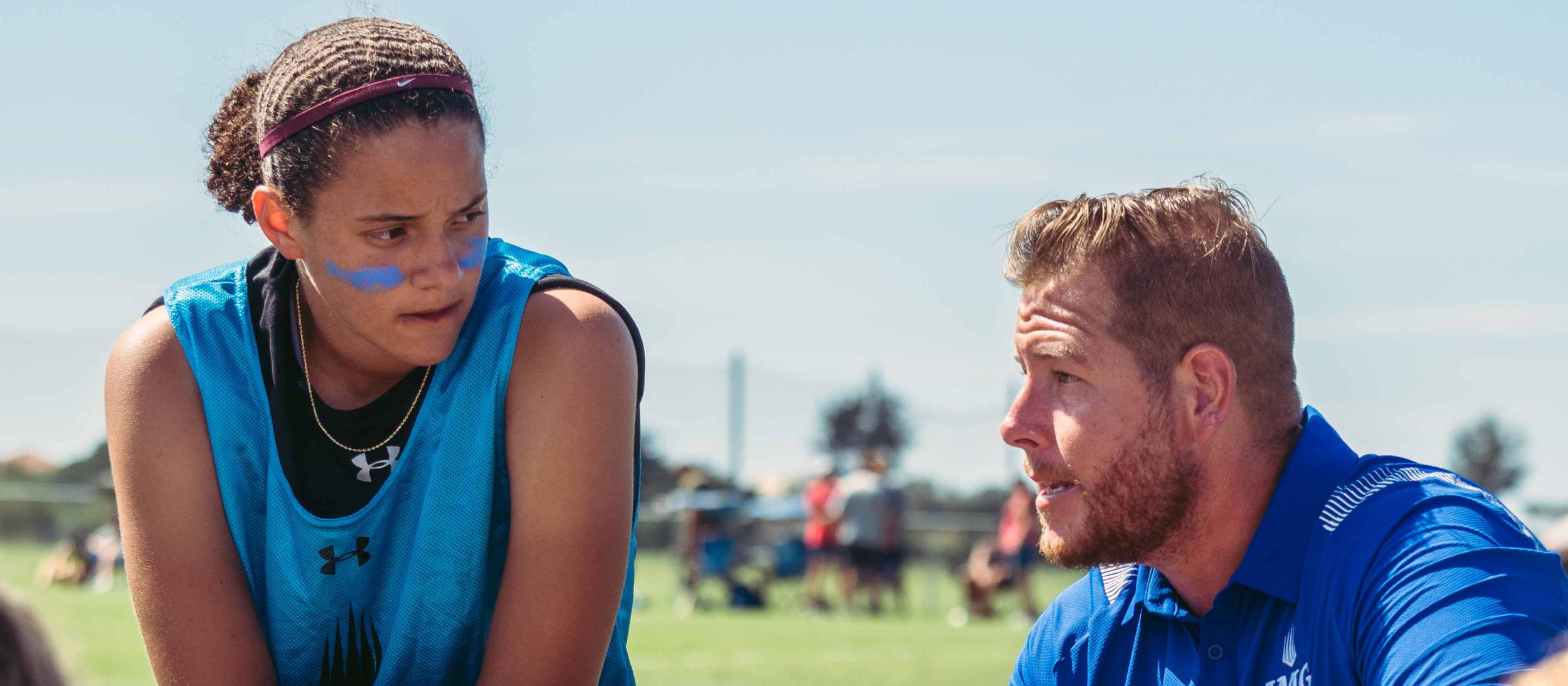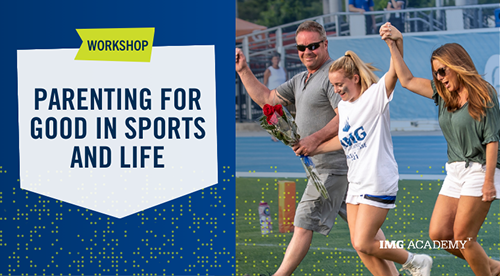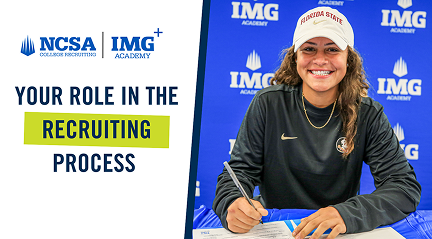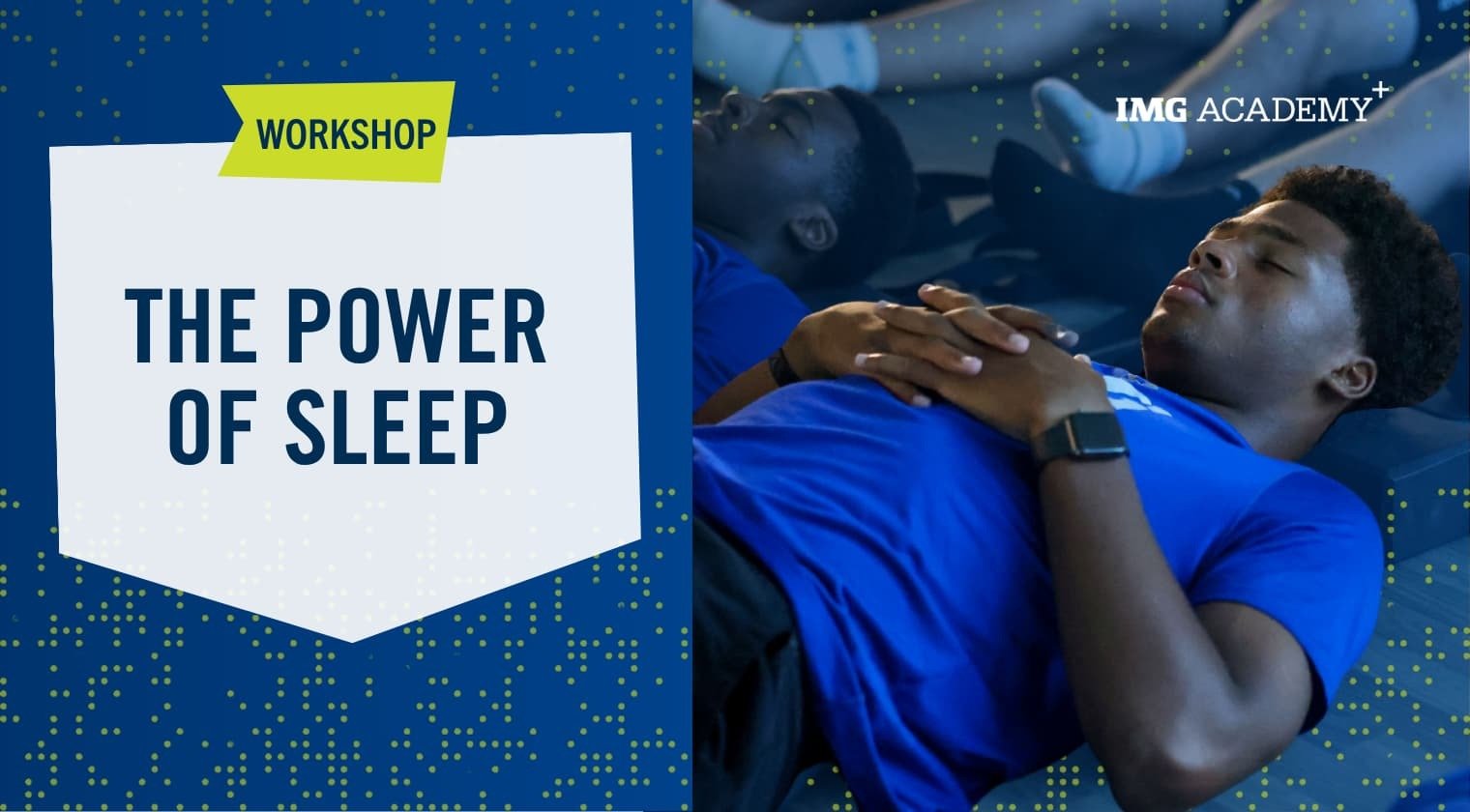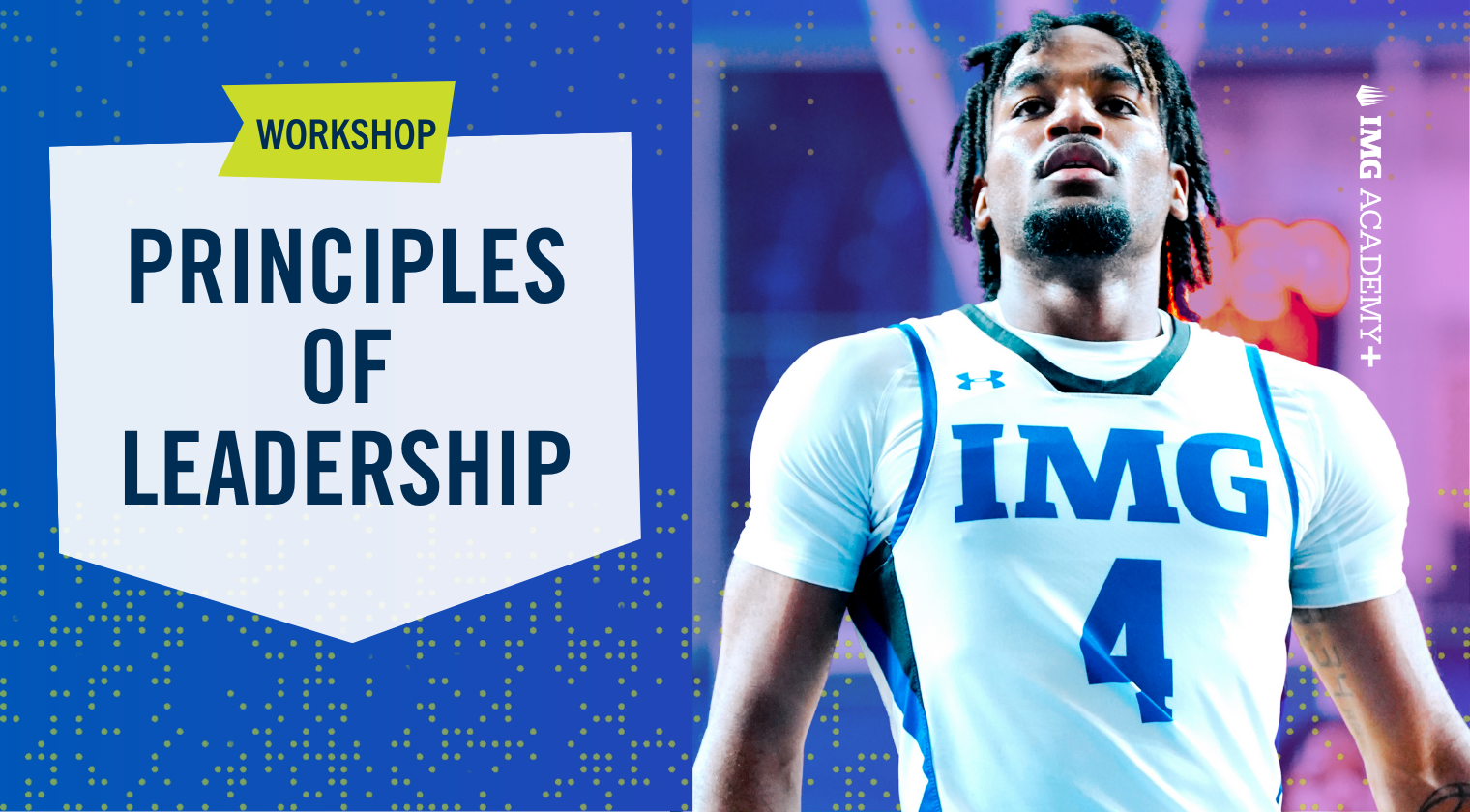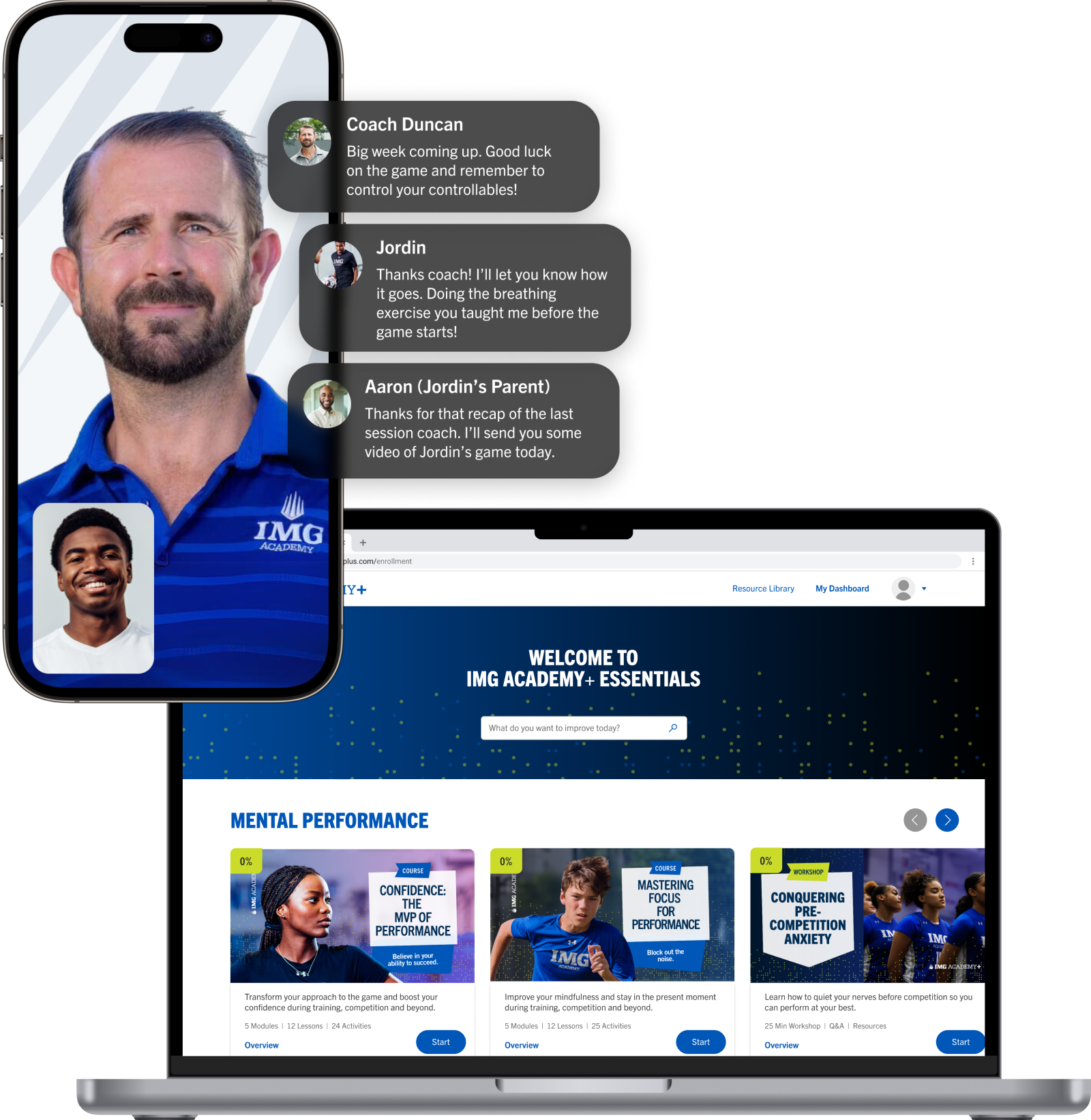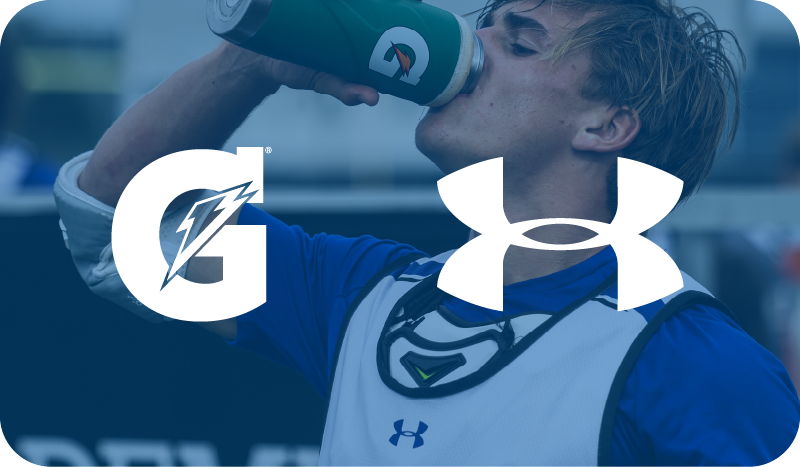To succeed as an athlete, it takes more than just talent and physical prowess. Mental performance skills — including the ability to concentrate, handle pressure, and be resilient in the face of adversity — are just as important. You don’t have to look much further than the headlines about elite athletes such as Naomi Osaka and Simone Biles to know that in an increasingly competitive sport environment, mental fortitude is critical, giving athletes the ability not only to succeed, but to thrive.
The history of mental performance coaching
Mental performance coaching has emerged as a relatively new discipline in education due to a growing recognition of the interconnectedness between psychological well-being and athletic success. Historically, emphasis in sport education has predominantly been on physical conditioning and skill development, often overlooking the critical role of mental fortitude in achieving peak performance. However, as research in sports psychology has expanded, educators and coaches have come to understand that addressing the mental aspect of training is essential for optimizing athletic performance.
Why mental performance coaching matters
Mental performance coaching takes a holistic approach, recognizing that an athlete’s mindset, emotions, and cognitive processes profoundly influence their abilities on the field or court. By providing techniques such as visualization, goal setting, and stress management, mental performance coaches empower student-athletes to enhance their focus, confidence, and resilience, ultimately leading to improved performance and well-being.
“Mental performance training is all about providing student-athletes with skills and resources that enable them to be in control of the psychological demands of performance,” says Dr. Lindsey Hamilton, Head of Mental Performance at IMG Academy.
And research shows that it can pay off. A study by sport psychologists at the University of North Carolina Greensboro and Michigan State University revealed that Olympic champions were more committed and focused, and engaged in more extensive mental preparation, than athletes who were less successful. When sport psychologists in Canada studied Olympic and world champions, they found that these athletes used mental performance training techniques both to prepare for competition and to remain focused during high-level events.
And the benefits of mental fortitude extend beyond sports education, especially now. In recent years, the number of adolescents reporting mental health issues has increased dramatically. A 2021 Centers for Disease Control and Prevention study revealed that more than 4 in 10 students felt persistently sad or hopeless, and nearly one-third experienced poor mental health.
“The visibility of mental health has definitely brought a lens to our work and helped to prioritize it,” Hamilton says. “Today, people are much more aware of the need for coping mechanisms that can help them navigate life.”
How does mental performance coaching help student-athletes?
Mental performance coaching is about much more than winning a game, reaching a personal best, or earning a gold medal at the Olympics, says Dr. Duncan Simpson, Director of Personal Development at IMG Academy.
“Our intention is never just to make someone a better athlete. What we’re really focused on is helping them manage their emotions and become more well-rounded, more self-confident, and fully develop as a person,” Simpson says. “Ultimately, it’s about setting young people up with important life skills and tools they can use beyond college and for the rest of their lives,” he says.
To this end, for 40-plus years, IMG Academy has honed a methodology proven to develop and prepare student-athletes for success.
“Our purpose is to educate and empower student-athletes to win their future, preparing them for college and for life,” says Brent Richard, President of IMG Academy.
5 Mental performance coaching tips used by pro athletes
Michael Phelps: Visualization Techniques
Olympic swimmer Michael Phelps famously utilized visualization techniques as part of his mental preparation routine. Phelps would mentally rehearse his races, visualizing every stroke and turn with precision, which helped him enhance his focus and confidence before competitions.
Serena Williams: Positive Self-Talk
Grand-slam superstar Serena Williams is known for her use of positive self-talk to boost her confidence and maintain mental resilience during matches. Williams often repeats affirmations to herself, reminding herself of her strengths and capabilities, which helps her stay focused and motivated on the tennis court.
LeBron James: Mindfulness Meditation
NBA legend LeBron James has revealed that he incorporated mindfulness meditation into his training regimen to enhance his mental clarity and emotional balance. James has credited meditation for helping him stay calm under pressure, improve his decision-making skills, and manage stress both on and off the basketball court.
Carli Lloyd: Goal Setting
Soccer World Cup champion Carli Lloyd has emphasized the importance of setting process goals rather than outcome goals. Instead of fixating on winning or losing, Lloyd focuses on specific actions and behaviors within her control, such as maintaining her fitness levels or perfecting her technique, which enables her to stay motivated and consistently strive for improvement.
Tom Brady: Breathing Techniques
Legendary NFL quarterback Tom Brady has used breathing techniques to manage stress and maintain his calm demeanor during high-pressure situations. Brady has said he practices deep breathing exercises, such as diaphragmatic breathing, to regulate his nervous system and enhance his mental resilience, which he credits for his ability to perform at his best in critical moments.
Want to learn how to improve your ability to handle pressure, focus better, and become more resilient? Explore IMG Academy+ mental performance coaching.
Learn More